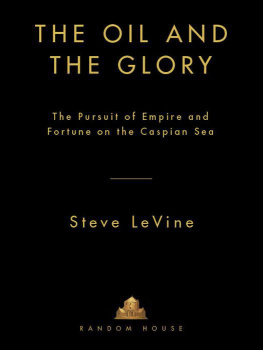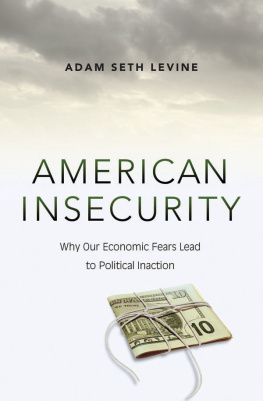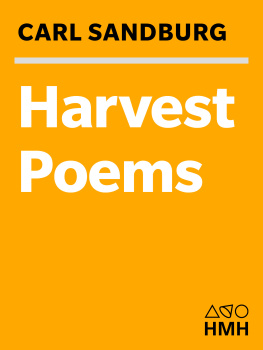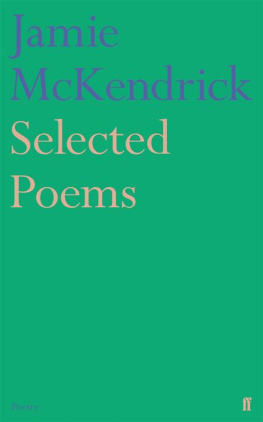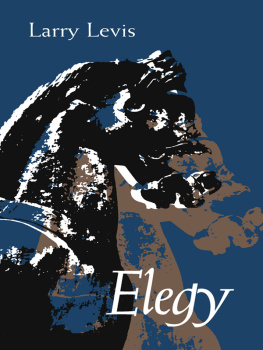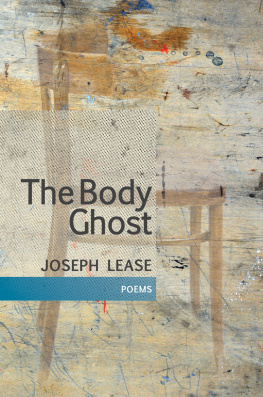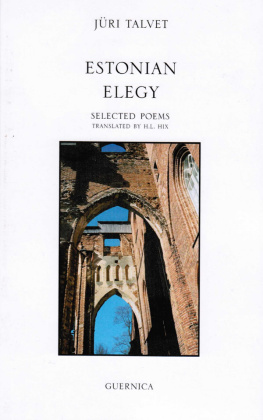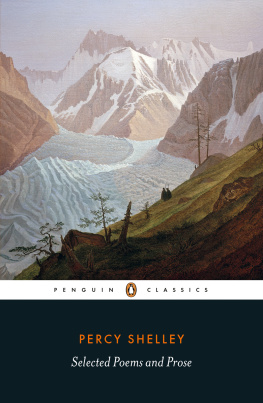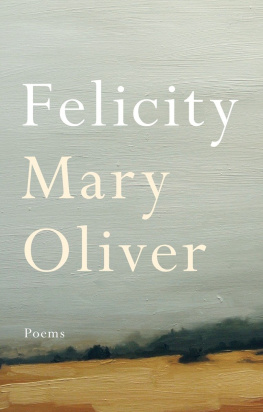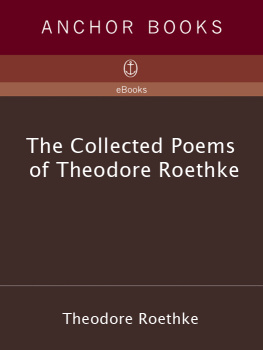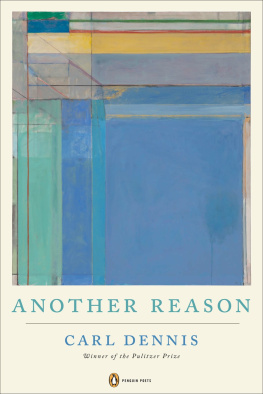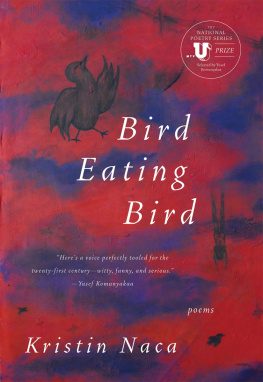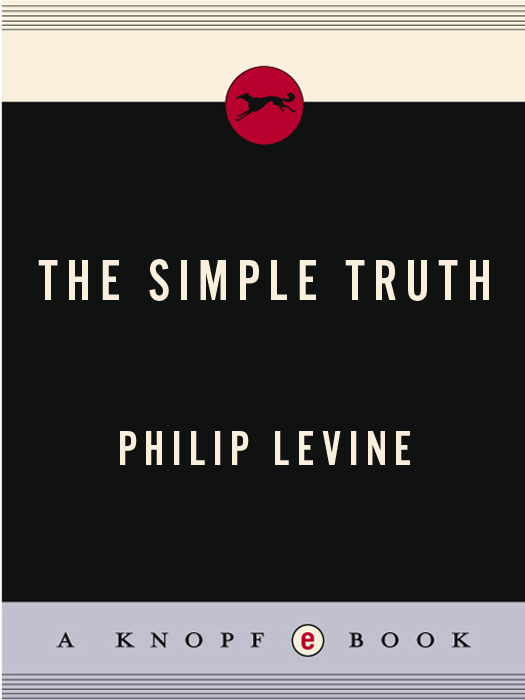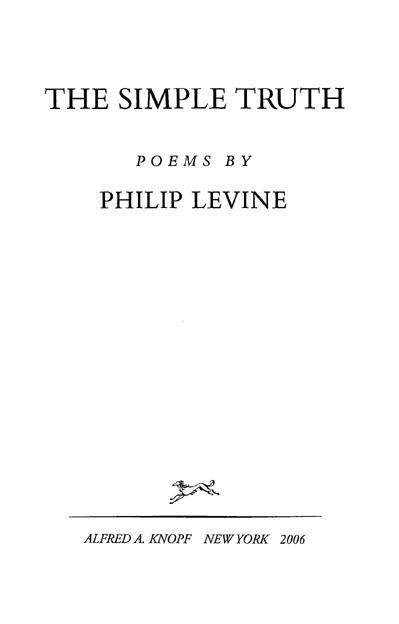THIS IS A BORZOI BOOK
PUBLISHED BY ALFRED A. KNOPF, INC. Copyright 1994 by Philip Levine All rights reserved under International and Pan-American Copyright Conventions. Published in the United States by Alfred A. Knopf, Inc., New York, and simultaneously in Canada by Random House of Canada Limited, Toronto. www.randomhouse.com/knopf/poetry/
My thanks to the editors of the following publications in which these poems first appeared: ATLANTIC : Magpiety
and Ode for Mrs. www.randomhouse.com/knopf/poetry/
My thanks to the editors of the following publications in which these poems first appeared: ATLANTIC : Magpiety
and Ode for Mrs.
William Settle BOULEVARD : Ask for Nothing COLORADO REVIEW : Out by Dark and My Brother Abel, the Wounded THE FORWARD : My Father with Cigarette Twelve Years before the Nazis Could Break his Heart GEORGIA REVIEW : The Trade HUDSON REVIEW : Getting There, The Old Testament, In the Dark, and Blue and Blue THE NATION : Dreaming in Swedish, The Return, and Winter Words, Manhattan (under the title Ask the Snow) THE NEW YORKER : On the Meeting of Garca Lorca and Hart Crane, Lame Ducks, McKesson and Robbins, 1945, February 14th, The Escape, The Simple Truth, No Buyers, My Sisters Voice, The Spanish Lesson, My Mother with Purse the Summer they Murdered the Spanish Poet, and Dust and Memory PARIS REVIEW : Edward Lieberman, Entrepreneur PLOUGHSHARES : Blue POETRY : Tristan, Photography, and One Day PRINCETON LIBRARY CHRONICLE : Llanto THREEPENNY REVIEW : Soul, The Poem of Chalk, and Listen Carefully Library of Congress Cataloging-in-Publication Data Levine, Philip
The simple truth : poems / by Philip Levine.
p. cm.
eISBN: 978-0-307-55973-9
I. Title.
PS3562.E9S56 1994 94-14508
811.54dc20 Reprinted Four Times v3.1 FOR MY BROTHERS,
WITH ME FROM THE START
CONTENTS
I
ON THE MEETING OF GARCIA LORCA AND HART CRANE
Brooklyn, 1929. Of course Cranes been drinking and has no idea who this curious Andalusian is, unable even to speak the language of poetry. The young man who brought them together knows both Spanish and English, but he has a headache from jumping back and forth from one language to another. For a moments relief he goes to the window to look down on the East River, darkening below as the early night comes on.
Something flashes across his sight, a double vision of such horror he has to slap both his hands across his mouth to keep from screaming. Lets not be frivolous, lets not pretend the two poets gave each other wisdom or love or even a good time, lets not invent a dialogue of such eloquence that even the ants in your own house wont forget it. The two greatest poetic geniuses alive meet, and what happens? A vision comes to an ordinary man staring at a filthy river. Have you ever had a vision? Have you ever shaken your head to pieces and jerked back at the image of your young son falling through open space, not from the stern of a ship bound from Vera Cruz to New York but from the roof of the building he works on? Have you risen from bed to pace until dawn to beg a merciless God to take these pictures away? Oh, yes, lets bless the imagination. It gives us the myths we live by. Lets bless the visionary power of the human the only animal thats got it, bless the exact image of your father dead and mine dead, bless the images that stalk the corners of our sight and will not let go.
The young man was my cousin, Arthur Lieberman, then a language student at Columbia, who told me all this before he died quietly in his sleep in 1983 in a hotel in Perugia. A good man, Arthur, he survived graduate school, later came home to Detroit and sold pianos right through the Depression. He loaned my brother a used one to compose his hideous songs on, which Arthur thought were genius. What an imagination Arthur had!
ODE FOR MRS. WILLIAM SETTLE
In Lake Forest, a suburb of Chicago, a woman sits at her desk to write me a letter. She holds a photograph of me up to the light, one taken 17 years ago in a high school class in Providence.
She sighs, and the sigh smells of mouth wash and tobacco. If she were writing by candlelight she would now be in the dark, for a living flame would refuse to be fed by such pure exhaustion. Actually she is in the dark, for the man shes about to address in her odd prose had a life span of 125/th of a second in the eye of a Nikon, and then he politely asked the photographer to get lost, whispering the request so as not to offend the teacher presiding. Those students are now in their thirties, the Episcopal girls in their plaid skirts and bright crested blazers have gone unprepared, though French speaking, into a world of liars, pimps, and brokers. 2.7% have died by their own hands, and all the others have considered the act at least once. Not one now remembers my name, not one recalls the reading I gave of Cesar Vallejos great Memorium to his brother Miguel, not even the girl who sobbed and had to be escorted to the school nurse, calmed and sent home in a cab.
Evenings in Lake Forest in mid-December drop suddenly; one moment the distant sky is a great purple canvas, and then its gone, and no stars emerge, however not the least hint of the stockyards or slaughter houses is allowed to drift out to the suburbs, so its a deathless darkness with no more perfume than cellophane. Our souls are mingling now somewhere in the open spaces between Illinois and you, she writes. When I read the letter two weeks later, forwarded by my publisher, I will suddenly discover a truth of our lives on earth, and Ill bless Mrs. William Settle of Lake Forest for giving me more than I gave her, for addressing me as Mr. Levine, the name my father bore, a name a man could take with courage and pride into the empire of death. Ill read even unto the second page unstartled by the phrase, By now you must have guessed, I am a dancer.
Soon snow will fall on the Tudor houses of the suburbs turning the elegant parked sedans into anonymous mounds, the winds will sweep in over the Rockies and across the great freezing plains where America first died, winds so fierce boys and men turn their backs to them and simply weep, and yet in all that air the soul of Mrs. William Settle will not release me, not even for one second. Male and female, aged and middle aged, we ride it out blown eastward toward our origins, one impure being become wind. Above the Middle West, truth and beauty are one though never meant to be.
LAME DUCKS, MCKESSON & ROBBINS, 1945
Late Friday afternoon in the final year of the Second World War, Stanley and I gazed from the mens head on the fourth floor, when downriver they came, a flotilla of ducks breasting the waters of our river headed toward the magic isles of Hamtramck. We had shaved and patted our cheeks with cologne stolen from Sundries.
We had washed as heroes in movies do, standing before an open window so that women might mark the line from armpit to crotch scrubbed clean to the roots of the sparse thatch going dark. Redressed in our pressed white T-shirts we smoked and sipped from a bottle of paregoric stolen from Addictive Medicines, and talked of the whole weekend that spread out before us. Down below, patched with light, the river rode on toward the waiting darkness. And then the ducks appeared, a little gliding V of seven, perhaps a family, perhaps not. Canadian teals, said I. No, said Stanley, birds of heaven.





